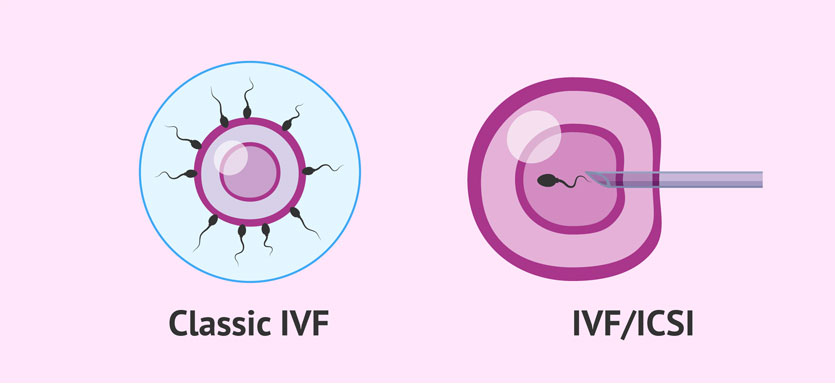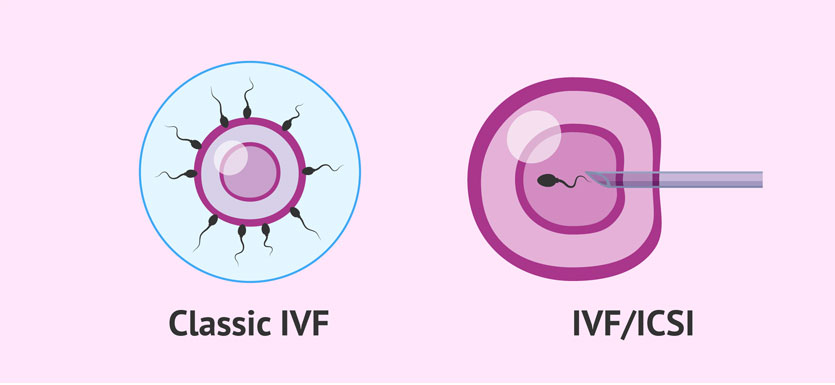Embryo donation and traditional adoption are distinct processes, each involving unique aspects. Here’s an overview of both:
Embryo Donation:
1- Biological Connection:
- In embryo donation, the biological parents (donors) provide the embryo, which is then transferred to the uterus of the recipient woman. The recipient woman carries and gives birth to the child, establishing a biological connection.
2- Conception Process:
- The embryos used in donation are typically created through in vitro fertilization (IVF) during fertility treatments. Excess embryos from couples who have undergone IVF and have completed their family may be donated to others struggling with infertility.
3- Medical Procedure:
- Embryo donation involves a medical procedure similar to IVF, where the embryos are thawed and transferred to the uterus of the recipient during a carefully timed cycle.
4- Legalities:
- Legal agreements are established between the donors and recipients, outlining parental rights and responsibilities. The legal aspects may vary by jurisdiction, and it’s essential to have clear, well-defined arrangements.
Traditional Adoption:
1- Biological Connection:
- In traditional adoption, there is no biological connection between the adopted child and the adoptive parents. The child may come from birth parents who are unable or choose not to raise the child, and the adoptive parents take on the legal and social roles of parents.
2- Conception Process:
- Adoption does not involve the conception or birth of the child by the adoptive parents. Instead, the child is legally and socially accepted as a member of the adoptive family.
3- Legal Process:
- Adoption is a legal process that establishes a permanent, legal parent-child relationship between the adoptive parents and the adopted child. The birth parents relinquish their parental rights, and the adoptive parents assume full legal responsibility.
4- Social and Emotional Aspects:
- Adoption often involves a thorough screening process for prospective adoptive parents. Social workers assess the adoptive parents’ ability to provide a stable and loving home for the child. The process also considers the best interests of the child.
In summary, while both embryo donation and traditional adoption offer paths to parenthood for those facing fertility challenges, they differ in terms of biological connection, conception process, and the legal and social aspects of forming a family. Embryo donation allows for a biological connection between the child and the recipient, while traditional adoption involves the legal transfer of parental rights and responsibilities without a biological connection.
For more information, consult Dr. Manjushri kothekar one of the best IVF Specialist in Chembur, Mumbai or you can contact us on 97693 87593.




